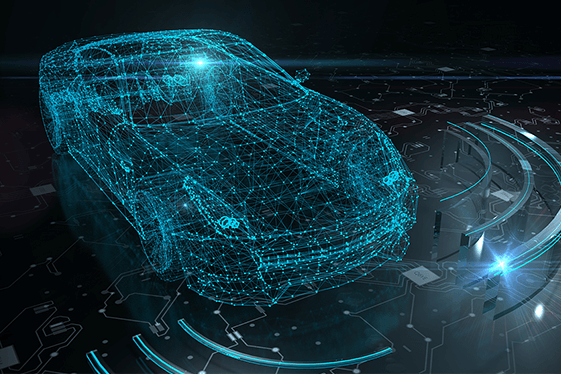Dr. Sargolzaei started a new position as Director of Advanced mobility Institute (AMI) which is a world-class self-sustainable institute to broaden the emerging field of connected autonomous vehicles (CAV). The mission of AMI is to assemble a group of experts from academia, industry, and government agencies for planning, and developing highly relevant research activities with end product creation and commercialization in mind and ultimately effective operation of CAV. Our primary goal is the establishment of AMI credibility as the lead institute in four domain areas: applied research, professional education, industrial partnership, and economic development to address the growing needs of CAV.
AMI Background:
Connected and autonomous vehicles (CAVs) have gradually begun to transform the automotive industry, reorient municipal planning. They have a significant impact on the energy sector. Marketplace utilization of AV has not yet reached its optimum utilization level due to the lack of a cohesive development and verification methodology. According to a report of the National Highway Traffic Safety Administration (NHTSA), 94 percent of the 37,461 traffic fatalities in 2016 were due to human error. AVs are designed to conduct the decision making and perception aspects of driving, and it is hoped that it will reduce accidents related to human error. Also, studies show that autonomous driving technologies can positively impact the economy, safety, and traffic congestion significantly. Despite all of these advantages, the significant barrier for wide-scale adoption of AVs is the development, test, and verification regime to assure safety and security. To address this barrier, a process, which builds an engineering argument for guaranteeing safety, must be developed. Florida Polytechnic University (FPU), through its Advanced Mobility Institute (AMI), has invested heavily in the area of CAV test, verification, and development. While rapid progress is being made in the underlying engines for CAV, it lacks a quantum leap in the methods to show robustness, safety, and security of these systems. AMI will continue its leadership and expand its activities in research, education, outreach, industrial partnership, and economic development to address these issues.
For more information check here:

